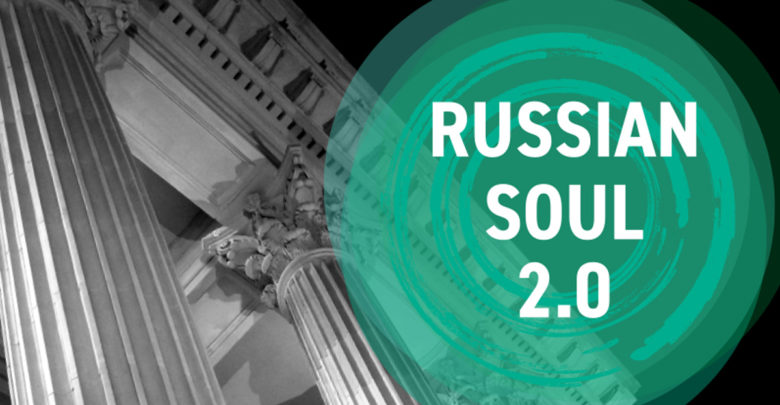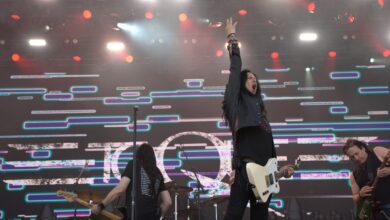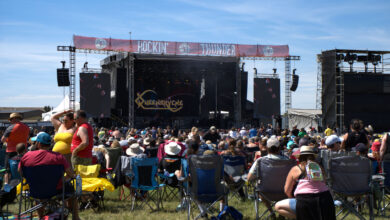Concert Review: Russian Soul 2.0
Even though there may be disappointing moments, but a concert is unpredictable, which makes it fun
 Supplied
SuppliedWhat: Russian Soul 2.0
When: January 31, 2020, at 7:30 pm
Where: Convocation Hall
Performers: Rafael Hoekman, Patricia Tao, Meran Currie-Roberts, Julie Hereish
Composers: Dmitri Shostakovich, Sergei Rachmaninoff, Pyotr Ilyich Tchaikovsky
There is nothing better than a concert of Russian music focusing on the cello. The cool and sometimes glum quality of Russian music (“The Great Gates of Kiev”, for example, does not sound inviting as well) and the warm and bright sound of the cello combine nicely, like comedy duo Laurel and Hardy.
First on the program was Dmitri Shostakovich’s Preludium for Two Cellos and Piano, arranged by Lev Atovmyan. For this piece, cellist Rafael Hoekman was joined by fellow cellist Meran Currie-Roberts. Both cellists played with an easy sounding flowing tone. When they climbed into the upper registers of their instruments, the sound was not thin, contrary to what most orchestration books advise.
Next came Shostakovich’s Sonata for Cello and Piano, Op. 40. This piece ate up the rest of the first half of the evening. Hoekman’s soft playing was sensitive and his loud playing was far from shy. In the last movement, he let his cello chug away which felt like a way of letting the music speak for itself. Patricia Tao played wonderfully as well. However, it was unfortunate that at the start of the sonata, her notes on the piano obscured the low tones of the cello.
After the interval came Sergei Rachmaninoff’s Sonata for Cello and Piano, Op. 19. Once again, there were at times balance issues between the piano and the solo cello. However, these weaker moments were obscured by Hoekman and Tao’s largely fantastic performance. Their interpretation of the second movement stood out. At the start, Tao and Hoekman produced a very energetic and orchestral sound. For some reason, I was reminded of Franz Schubert’s Erlkönig. They let their more extroverted playing contrast with more tender and introspective moments. At the end of the movement, they finished the last note together, something amateurs almost seem to avoid on purpose. This was no easy task to accomplish without a conductor, especially when both musicians were not facing each other.
But the treat of the evening was the cello ensemble. Composed of ten celli, the first piece they played was Rachmaninoff’s Vocalise, arranged by Orfeo Mandozzi. Julie Hereish played the solo part and her expressive playing could be heard clearly throughout the piece against the murmuring celli accompaniment. It was a shame that the next piece they played, The Nutcracker Medley, arranged by Nicholas Yee, had many gimpy moments. For instance, in the “Waltz of the Flowers” portion, the celli loudened nicely in spots, but the famous melody did not stand out amongst the supporting harmonies. The concert ended with the “Waltz of the Flowers.” The celli played a little aggressively and when the ensemble reached the double barlines, some members were probably lost in the pine forest or the Kingdom of Sweets.
Yes, there were somewhat disappointing moments, but this is what makes attending a concert feel exciting and alluring. Anything can happen, whether you — musician or audience member — like it or not.




